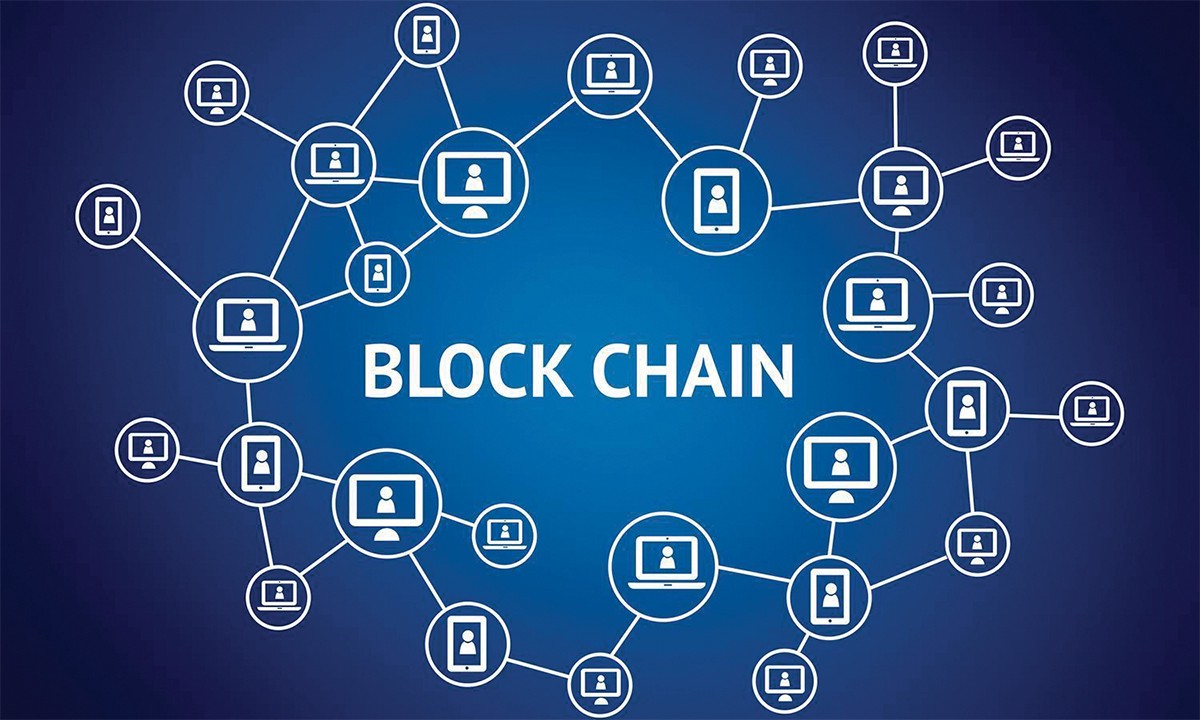Don Tapscott co-author of Blockchain Revolution has referred to blockchain as “the second generation of the Internet,.” Since Bitcoin burst into the limelight, there has been a lot of speculation over its underlying technology.
Newer coins have come up to challenge Bitcoin, the ‘people’s cryptocurrency’ and have won a considerable market share in the process. Some of the most valuable alt coins today include Ripple (XRP), Ethereum (ETH), and EOS (EOS).
With its recent slump in prices, more focus is now being paid to blockchain technology with some hailing it as the end of the era of wealthy middlemen. This, in essence, means banks, lawyers and the insurance sector. Blockchain transactions are the pinnacle of trust.

The rising interest in blockchain technology
Major financial institutions such as the World Bank, United Nations, and the IMF have been experimenting and implementing blockchain solutions. The world though is yet to see a large and successful distributed ledger technology outside of cryptocurrencies.
Does this mean that blockchain is all hype? Is it possible that it does not work better than the solutions we have in the market right now? Are there any cost-benefit tradeoffs that accrue by switching to this new consensus-based technology?

The pattern of technology adoption
Going through the history of really useful new technology applications, there is always an extensive period of trial and error before their usefulness emerges. The first use is rarely the best use. Nuclear power, for example, was once relegated to the creation of weapons of mass destruction. It ended up becoming a source of electricity and now is powering space travel.
The adoption of transmission control protocol/internet protocol (TCP/IP) is another good case study. TCP/IP laid the groundwork for the proliferation of the internet. TCP/IP was introduced in the early 70s and its single use case was as an emailing tool between researchers and state departments, before the era of the commercial internet.
TCP/IP in time replaced circuit switching that telecom service providers used and had invested billions in it to build dedicated lines. TCP/IP transmitted information by breaking it up into tiny packages.
Once these bits of information were released to a network, they could take any route to their recipient. The open shared public system killed the need for dedicated lines even as traditional telecommunication sectors looked on with tons of skepticism.
With the advent of the World Wide Web, TCP/IP as the underlying infrastructure and low-cost connectivity as motivation, businesses moved online, becoming compelling substitutes for brick and mortar setups. The rest, as they say, is history. This technology has changed the world. Within a three-decade period, TCP/IP has moved from single-use to localized, substitute then transformative uses.

The many parallels between TCP/IP and blockchain
Blockchain sits atop the internet and was initially meant for bitcoin. But there a lot of similarities that can be drawn between blockchain and TCP/IP. Blockchain just like TCP/IP is shared, open and distributed and has a team of global volunteers maintaining its core software.
While TCP/IP dramatically lowered connection costs, blockchain reduces transaction costs. Blockchain could become the system database of all transactions. There are records, transactions, and contracts that define our political, legal and economic systems that remain bureaucratic and untouched by the global digital transformation.

Blockchain power as a foundational technology
They have created gridlocks in the system, much like rush hour traffic trapping a Formula 1 car. Blockchain can solve this problem by creating transparent, shared, tamper, revisions, and deletion free databases where all agreements, tasks, processes, and payments would have a digital signature.
The major problem surrounding the blockchain hype is that if a blockchain revolution happens, it will put to an end to many governance, societal, organizational and technological barriers. The truth is adoption to this level is still many tears away.
Blockchain is not merely disruptive. It does not only have lower cost solutions, but it is a foundational technology. It will seep into every hook and cranny and change our social, governance and economic infrastructure but this will be steady and gradual.







